‘Market turmoil’ looks set as the theme of the week, so let’s take a close look at a trading arena more prone to mayhem than most. Why has bitcoin lost half its value since November?
First, I could make a case that since crypto investment has become at least a small part of many mainstream portfolios, its prices tend to respond to the same signals that influence conventional share indices — rather than following fantasy flight paths of their own. So just as FTSE and Nasdaq investors are seriously rattled by the prospect of war in Ukraine on top of existing fears about interest-rate rises and tighter money, so crypto fans are also naturally nervous.
And when tech fanciers become sellers of stocks such as Netflix and Peloton (the maker of digitally connected exercise bikes), which led a sell-off of former ‘lockdown winners’ at the end of last week, so bitcoin holders — likely in many cases to be the very same people — are cashing out too. That applies especially to the sort of higher-risk punters who face ‘margin calls’ when their bets turn bad.
Added to all this, I could point out that bitcoin trading and ‘mining’ (which consumes insane quantities of electricity to power the computers that generate new bitcoin units) is already banned in China; that Russia looks likely to follow suit soon; and that President Erdogan of Turkey, whose citizens have gone crazy for crypto, says his government is ‘at war’ with the whole concept. Only our old friend President Nayib Bukele of El Salvador is swimming the other way. Having recently declared bitcoin to be legal tender, he invested another $15 million of state funds last week as the price continued to plunge. His impoverished country ‘is now well underwater on its purchases’, reports ForexLive.
So factors special to crypto world have coincided with real-world market trends, all pointing downwards. But the fundamental answer to my opening query is much simpler: what goes up must come down, especially when the thing in question has no intrinsic value whatever. You can’t melt bitcoin to make jewellery or carry it in your pocket across borders. No central bank promises to pay its bearer anything at all. It’s a virtual gambling chip, nothing more. If you made a modest crypto bet with spare cash last year, doubled your stake, sold near the top and bought a top-of-the-range Peloton, I salute you. If you went larger and hung on and now you’re wondering where half your life savings have gone, I’m unsympathetic. Old-fashioned gold is still a lot safer as a haven from troubled times, by the way.
Ox, tiger, rabbit
Things can surely only get better as the Chinese Year of the Ox gives way (on 1 February) to the Year of the Tiger. While last year’s symbol was a beast of burden lumbering towards recovery, this year’s is a big cat poised to spring forward. Let’s hope.
But if one of the keys to higher growth and the quelling of price surges is a return to normality in global shipping, and particularly in flows of goods from China, don’t hold your breath. With the traditional Chinese New Year factory slowdown looming on top of recent Omicron outbreaks in ports such as Ningbo, Dalian and Tianjin, delays are said to be as bad as they were last year. From cars to smartphones to plastic toys, everything’s stuck at the docks — and container prices, having doubled last year but eased a little in the autumn, are on the rise again.
So relief from inflation is unlikely to arrive soon in the form of an easing of physical supply to meet increased post-pandemic demand — and we know for sure it’s not coming in energy prices, which even Governor Bailey of the Bank of England has predicted won’t fall back until late next year. That leaves us all the more at the mercy of Bailey himself and his fellow central bankers, dithering over when to deploy the anti-inflationary tool of higher interest rates. I don’t want to sound too gloomy, but I can’t find much hope in the fact that 2023 will be the Year of the Rabbit.
Stressful week
Cliché says a week is a long time in politics, but it must feel even longer in the boardroom of Unilever, the much-troubled Marmite-to-mayonnaise conglomerate. It’s barely more than seven days since chief executive Alan Jope launched a bold bid for the consumer products arm of GlaxoSmithKline, only to find himself showered with scorn by some of his own major shareholders as well as the media.
Then news broke that the veteran New York activist investor Nelson Peltz has been building up a stake in Unilever with a view to demanding radical strategic change. Now the FT tells us ‘Unilever is planning to cut thousands of management jobs as it accelerates a push towards sales growth… under increasing pressure from investors’. And the Mail on Sunday says Jope’s job is ‘hanging by a thread’ while ‘private equity firms, said to include KKR, are circling Unilever with a view to picking off parts’.
Jope must surely dream of moving to a less stressful line of work. Perhaps he could become business adviser to Boris Johnson in Downing Street.
Perfect silence
At least one spin doctor in that district has been earning his keep lately: whoever armed Transport Secretary Grant Shapps with the phrase ‘bonfire of the banalities’ to describe his plan to minimise irritating and repetitive announcements on trains.
The rail industry is still at a low ebb with relatively few passengers, high staff Covid absences, reduced services on most lines and yet another failing operator, Govia Thameslink, about to be nationalised. But as a weekly York-to-London commuter, I can attest that — with a decent picnic and a good book or an absorbing project on the laptop — it’s still by far the most civilised way to travel around the UK. Add to that the sound of silence from the Tannoy system and it will be perfect bliss.
Got something to add? Join the discussion and comment below.
Get 10 issues for just $10
Subscribe to The Spectator Australia today for the next 10 magazine issues, plus full online access, for just $10.
You might disagree with half of it, but you’ll enjoy reading all of it. Try your first month for free, then just $2 a week for the remainder of your first year.


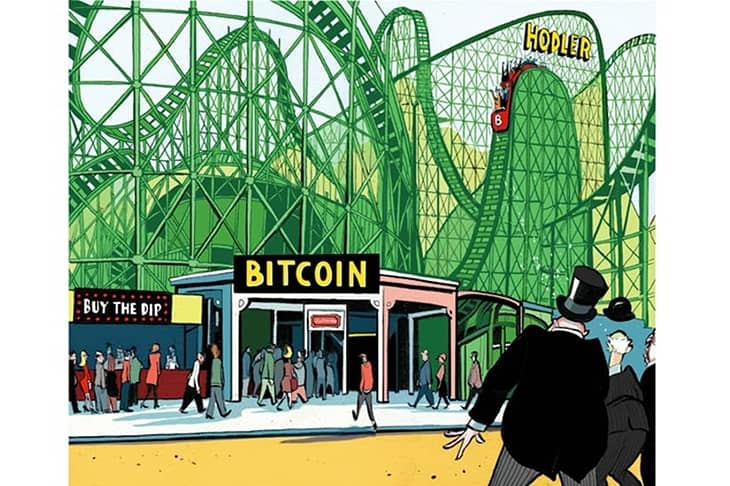
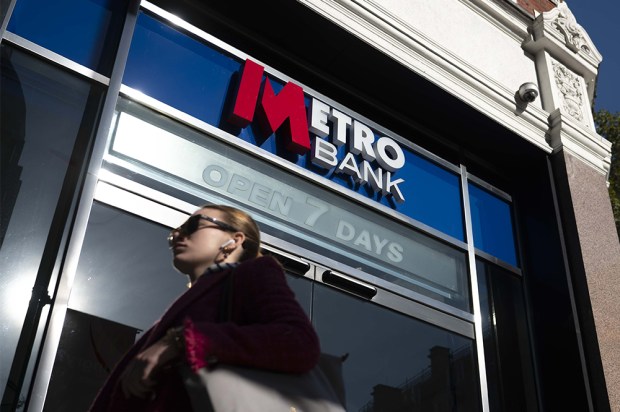
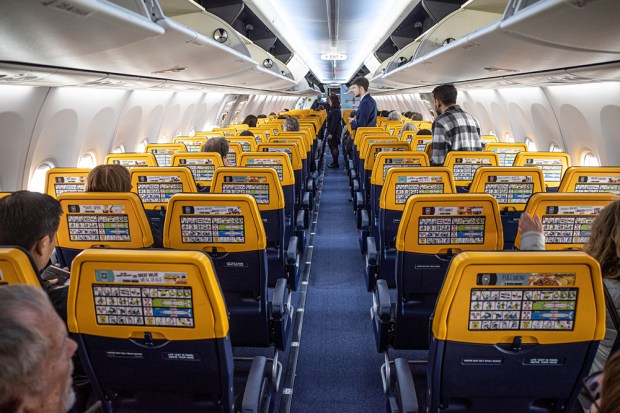

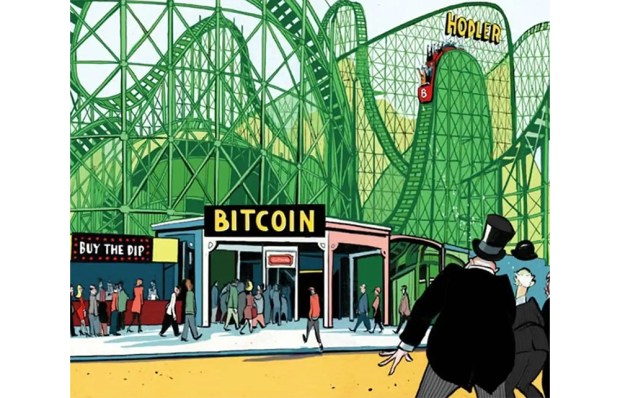
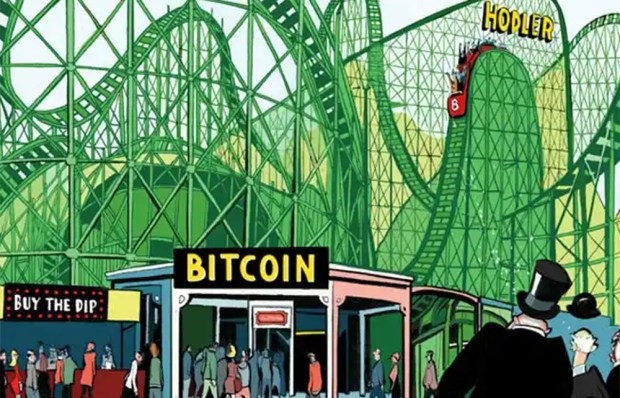







Comments
Don't miss out
Join the conversation with other Spectator Australia readers. Subscribe to leave a comment.
SUBSCRIBEAlready a subscriber? Log in